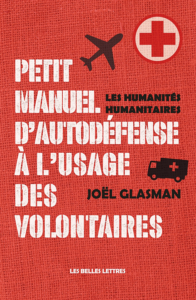
Amitav Ghosh
University of Chicago Press, 2016
Publisher’s note
It all starts with a simple question: why is climate change absent from contemporary literature?
The climate crisis is a new kind of event and one that is difficult to comprehend because it is incompatible with the narratives and imagination that have shaped our world. This phenomenon is the rebuttal of our modern tales, our stories and our myths. Ghosh therefore invites us to embark on a thorough reshaping of our narrative frameworks. Firstly, by calling for another type of literature, liberated from this immutable Nature and confined to the background of human actions. Secondly, by rewriting the history of modernity so as to dispel the myth of industrialisation driven solely by the countries of the North. Finally, by questioning the Nation-States, whose imperial structures are inseparable from the profligate consumption of energy that causes global warming.
Born in Calcutta in 1956, Amitav Ghosh is one of the most important contemporary English-speaking writers. Internationally recognised for his vast historical novels such as Sea of Poppies (2008, shortlisted for the Booker Prize) and The Circle of Reason (1990, Prix Médicis étranger), and also praised for his essays by Giorgio Agamben, Naomi Klein or Roy Scranton, Ghosh is regarded as one of the greatest thinkers of the Anthropocene epoch. The issue of climate change, previously present in the background of his work, sits at the very heart of The Great Derangement. This essay also inspired his latest novel, Gun Island.
Translated from the French by Derek Scoins


